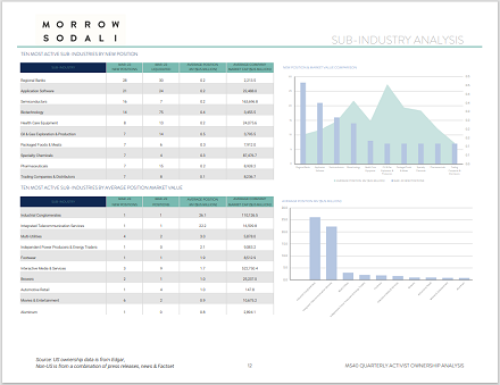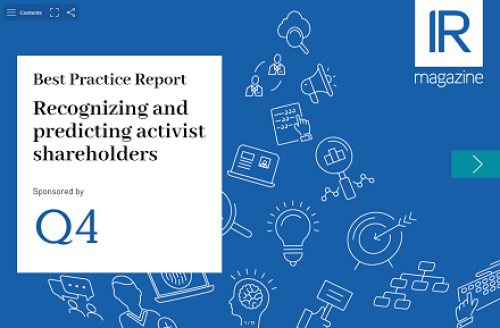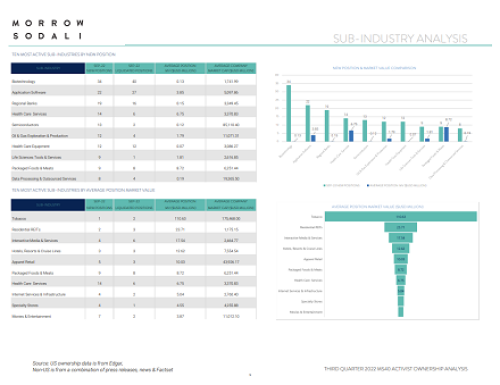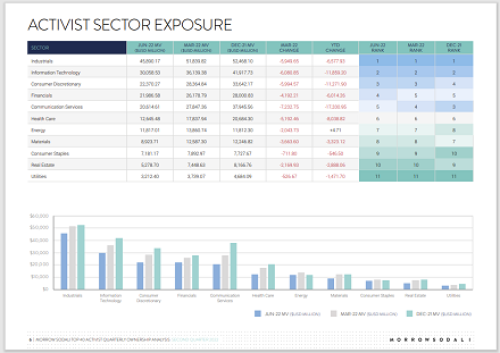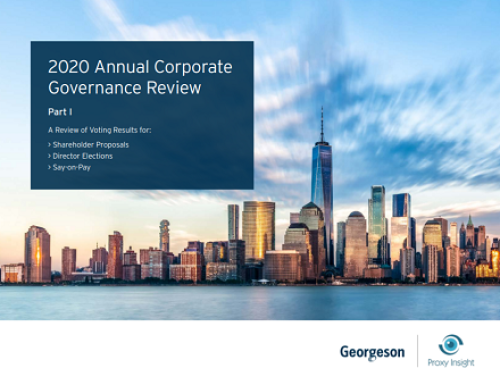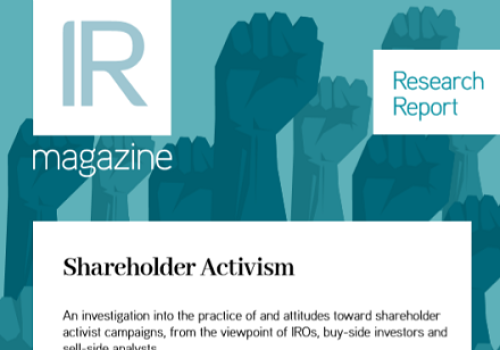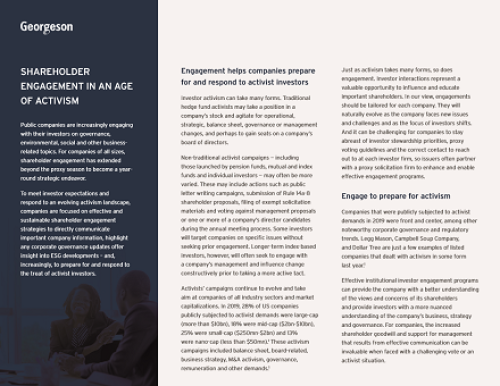– Investors are tightening their neck braces as US stocks soar upwards, plummet back down and then do it all over, CNN reported. Stock market volatility is at its bumpiest level since July.
The whiplash-inducing ride comes as conflicting data paints a cloudy picture about the state of the US economy. Investors have been reading economic reports as tea leaves, searching for signs the Federal Reserve could soon pivot to a slower pace of rate hikes to fight inflation, and reacting accordingly.
What’s happening: the S&P 500 posted its worst performance through the first nine months of any year since 2002. September was particularly rough, with all three major US indexes falling into a bear market.
October brought more vertigo as stocks quickly recovered. The S&P 500 gained 5.7 percent on Monday and Tuesday, its biggest two-day increase since April 2020. On Wednesday, stocks plunged once more before quickly bouncing back slightly. They ended the day slightly lower.
This week’s strange swings corresponded with two new data points that buoyed the possibility of a Fed pivot. Markets surged on news the Reserve Bank of Australia raised interest rates by just a quarter of a percentage point on Tuesday. That’s half the amount analysts had expected.
– CNBC reported Jennifer Grancio was among the leaders at Engine No 1, the upstart investing firm focused on climate and energy transition, that bested ExxonMobil in a 2021 proxy contest upset few saw coming. What Engine No 1 decided to do next was maybe as surprising: move away from the activist investor approach that worked so well in winning board seats at the oil and gas giant.
Now CEO, Grancio doesn’t want the firm to be defined by the Exxon headline, but rather by a long-term investing approach that is a blueprint for how companies should think about huge systems changes like energy transition, and how investors should access the value that will be created by the companies that get it, and scale transformed businesses.
‘Investing is something you can do for the very short term, but the vast majority of asset owners... are all looking for performance over time,’ Grancio said at the CNBC ESG Impact virtual event on Thursday. ‘The market can get confused about investing only for ideology or the extremely short term, but Engine No 1 is going deep with companies, looking primarily at the business model and how it will need to change over time to create value for shareholders.’
– The Wall Street Journal (paywall) reported that regulators in the US and Europe, which are trying to tighten rules on ESG investment products, are facing a backlash from investors and companies. ESG funds exceeded $350 bn in net assets in 2021 in the US, but concerns over disclosures and lax standards are driving regulators to tighten the rules. Proposed regulations from the SEC would establish a common benchmark for how sustainable investment products are labeled, marketed and reported. That could lead to investors pulling cash from funds that don’t appear to be taking the standards seriously.
‘In the short term, these rules, if adopted, may result in a decrease in total assets invested in funds that purport to be sustainable,’ Ceres CEO Mindy Lubber wrote in a letter to the SEC. ‘We believe that, ultimately, they would bolster confidence in climate and other ESG investment products.’
BlackRock and other investors are urging the SEC to change parts of a rule that would require investment advisers and companies to disclose how ESG factors influence investing decisions. In Europe, some ESG data providers rejected calls for regulatory intervention intended to monitor the transparency and comparability of environmental ratings.
– The ESG vs GOP war over energy and climate change is going nowhere, according to a CNBC think-piece. First, the blowback to ESG is confined to a few states so far, with Republican politicians in other states raising issues but taking only limited action. Even where states have acted, the steps seem likely to have little impact on investment firms that consider ESG in choosing stocks – which is nearly all major asset managers. And politicians are preparing for an assault on ESG based on antitrust claims but institutional investors have framed their strategies to steer clear of legal theories Republican state attorneys general are pursuing, legal experts say.
– Credit Suisse Group offered to buy back up to $3 bn of its own debt, in a move aimed at calming investor jitters ahead of the unveiling of a crucial strategy revamp, reported Bloomberg (paywall).
The announcement was a signal of confidence as the bank has enough liquidity to take advantage of the recent slump in debt markets and scoop up its own debt at a discount. Credit Suisse shares and bonds rose in Friday trading, while the cost of insuring against default fell.
The Zurich-based bank suffered a tumultuous week as markets questioned its stability amid a broader sell-off. CEO Ulrich Koerner is due to detail the bank’s second strategy overhaul in a year at the end of this month, widely seen as a critical opportunity to restore faith in the lender after more than a year of losses and management missteps.
– The Guardian reported that Legal & General, one of the UK’s largest pension and insurance firms, sought to reassure investors days after its pension fund clients were hit by sudden interest rate rises and market volatility.
In a trading update to the stock market, the company said market volatility had increased significantly in the second half of the year, but it had not experienced any difficulties in meeting its collateral calls and had not been a forced seller of bonds or UK government debt, known as gilts.
L&G said it was working closely with its clients after ‘recent extraordinary increases in interest rates’, which had risen with ‘unprecedented speed’.
L&G was one of the first pension fund managers to pass on collateral calls to its pension fund clients two days after the UK chancellor’s mini-budget, which caused market turmoil, sending sterling tumbling to record lows and knocking UK government bonds.
– Bloomberg (paywall) reported that, according to an analysis of corporate reports by the Carbon Tracker Initiative, companies in industries with the biggest carbon footprints aren’t reporting how their emissions affect financial risk. The non-profit, which looked at 134 financial statements from last year in industries such as fossil fuels, mining, manufacturing and technology, found that almost all failed to consider the financial impact of climate change. Auditors are generally also ignoring the financial risks of emissions, according to the study.
‘Our review is not of whether companies have set appropriate climate targets or even whether they are on track to achieve them, but instead whether companies have considered climate-related risks to items in the financial statements,’ said Rob Schuwerk, the Carbon Tracker Initiative’s US executive director and a co-author of the report. ‘We did not find any companies that showed comprehensive evidence of consideration in the financial statements.’
The study also found that no company disclosed all the information recommended by Climate Action 100+.
– Directors of Energy Resources Australia (ERA), the company that owns the Jabiluka and Ranger uranium deposits at Kakadu, who aren’t affiliated with majority shareholder Rio Tinto say they will resign amid a fight over whether there should be mining at the site, according to The Guardian.
The move came after Rio Tinto dramatically escalated its war with minority shareholders in ERA on Monday by calling on the company’s chair, Peter Mansell, to resign.
Rio, which owns 86 percent of ERA, pledged to rehabilitate the tapped-out Ranger open-cut mine and said it will not dig for uranium at Jabiluka as long as its traditional owners, the Mirarr people, maintain their long-held opposition to the mine.
But minority shareholders in ERA want the company to develop the Jabiluka deposit and look into restarting a project to mine deep below the Ranger pit.
– CNBC reported nearly half of the coal industry intends to develop new projects to exploit the world’s dirtiest fossil fuel, according to German campaign group Urgewald, with many companies refusing to retire assets even as extreme weather events become worse and more frequent across the globe.
An annual update from Urgewald and 40 partner NGOs published Thursday found that 490 of the 1,064 companies on its Global Coal Exit List were pursuing new coal power plants, coal mines or new coal transport infrastructure.
That means 46 percent of the companies surveyed are committed to expanding despite last year’s UN climate summit in Glasgow ending with a global agreement to ‘accelerate efforts toward the phase-down of unabated coal.’
The research, which represents the world’s most comprehensive public database on the coal industry, indicated that less than 3 percent of those surveyed had announced timely coal exit dates.
– Inside the world’s biggest asset manager, there's an investment strategy that reflects the idea that the rich world will increasingly face a lack of clean water, noted Bloomberg.
‘Historically, we often thought of water as being a developing-country problem, but it goes much deeper than that,’ Omar Moufti, product strategist for thematic and sector exchange-traded funds at BlackRock, said in an interview.
Moufti said it’s hard to overstate the long-term risks tied to water scarcity. He also said that ‘more severe and frequent droughts and floods across the globe have highlighted’ how urgent the threat is.
Britain’s Victorian-era water works buckled under the pressure of floods in recent months, leaving the UK to deal with sewage spewing into its clean water. In France, more than 100 municipalities were without drinking water over the summer, leading the government to ban farmers from irrigating their crops.
In central Europe, drought left the Danube and Rhine rivers almost unnavigable, while the Po in Italy dried up. In the US, regional restrictions were enforced on the amount of water municipalities could pump, as water levels in key reservoirs dropped to record lows. And in states such as Mississippi, locals lost access to clean water altogether.


